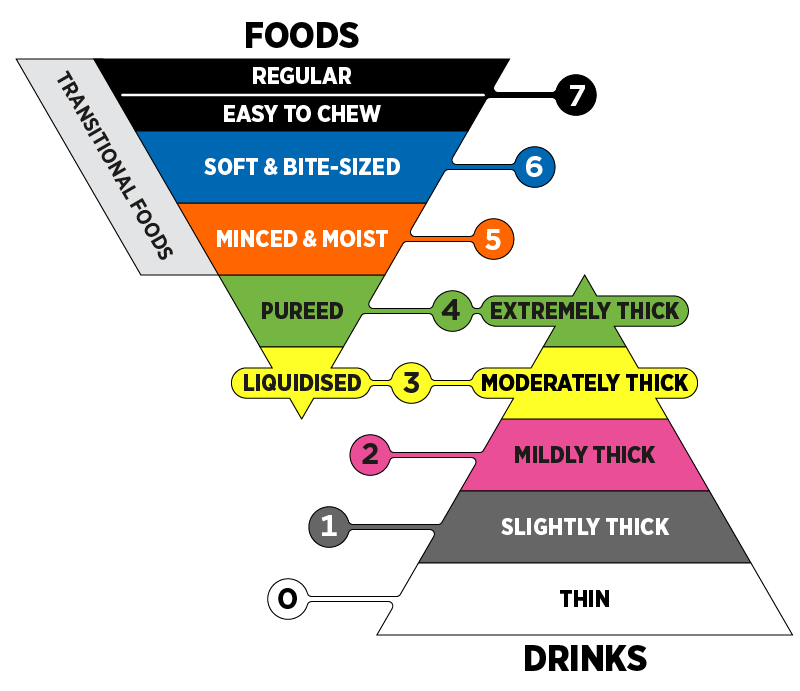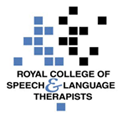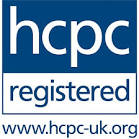Training for staff and carers, hospitals and homes
As a specialist clinic with expert skills in dysphagia and the International Dysphagia Diet Standardization Initiative (IDDSI) framework, we provide Speech Therapy training for carers and nursing home staff, crucial for ensuring the safety and well-being of individuals with swallowing difficulties.
Dysphagia Awareness: Provide an overview of dysphagia, its causes, and the impact on individuals’ health and well-being. Raise awareness about the importance of early detection and intervention.
IDDSI Framework Education: Explain the International Dysphagia Diet Standardization Initiative (IDDSI) framework. Educate staff on the standardized terminology and descriptors for food and drink textures.
Assessment and Identification: Train staff to recognize signs and symptoms of dysphagia. Provide guidelines for conducting initial screenings to identify individuals at risk.
Diet Modification and Texture Modification: Instruct carers and staff on modifying diets based on individual needs. Demonstrate the preparation and presentation of modified textures consistent with IDDSI guidelines.
Swallowing Safety Protocols: Develop and implement protocols for swallowing safety in various care settings. Train staff on recognizing and responding to swallowing difficulties promptly.
Mealtime Strategies: Provide strategies for promoting safe and enjoyable mealtimes for individuals with dysphagia. Offer techniques to address behavioral and environmental factors affecting eating.
IDDSI Implementation: Guide staff in the practical application of the IDDSI framework in meal planning and service. Ensure understanding of IDDSI testing methods for food and drink consistency.
Adaptive Equipment and Assistive Devices: Train staff on the proper use of adaptive feeding equipment and assistive devices. Ensure familiarity with tools that facilitate safe swallowing and feeding.
Communication with Individuals and Families: Provide guidance on effective communication with individuals with dysphagia and their families. Offer resources for educating families on supportive care practices.
Continuing Education and Skill Maintenance: Establish a framework for ongoing staff education and skill maintenance. Offer refresher courses and updates to ensure that staff stays informed about the latest developments in dysphagia management and IDDSI guidelines.
Benefits:
Enhanced Patient Safety: Improve the safety of individuals with dysphagia during mealtimes.
Improved Quality of Care: Enhance the overall quality of care provided by carers and nursing home staff.
Reduced Risk of Aspiration: Mitigate the risk of aspiration by implementing appropriate diet modifications.
Empowered Caregivers: Empower carers with the knowledge and skills to confidently manage dysphagia.
Consistent Implementation of IDDSI Standards: Ensure consistent application of IDDSI standards in meal planning and service.
Better Communication and Collaboration: Foster effective communication and collaboration among staff, residents, and their families.
Increased Resident Satisfaction: Improve the dining experience for residents, leading to increased satisfaction.
Compliance with Regulations: Help nursing homes comply with regulatory standards related to dysphagia management.
Reduction in Complications: Contribute to a reduction in complications related to dysphagia, such as malnutrition and dehydration.
Long-Term Positive Outcomes:Contribute to the long-term well-being and health outcomes of individuals with dysphagia in care settings.

© The International Dysphagia Diet Standardisation Initiative 2019 @ https://iddsi.org/framework/ Licensed under the CreativeCommons Attribution Sharealike 4.0 License https://creativecommons.org/licenses/by-sa/4.0/legalcode.











